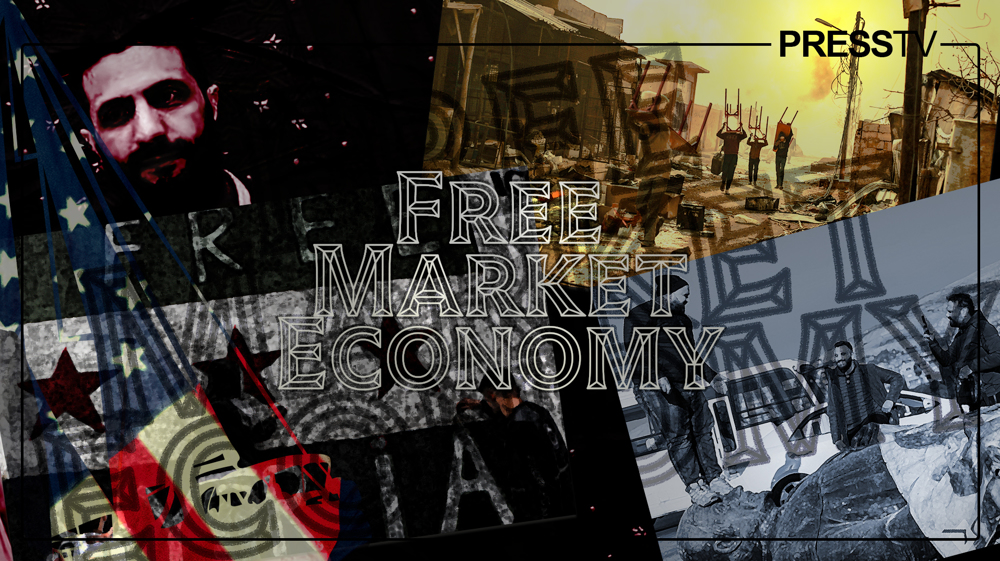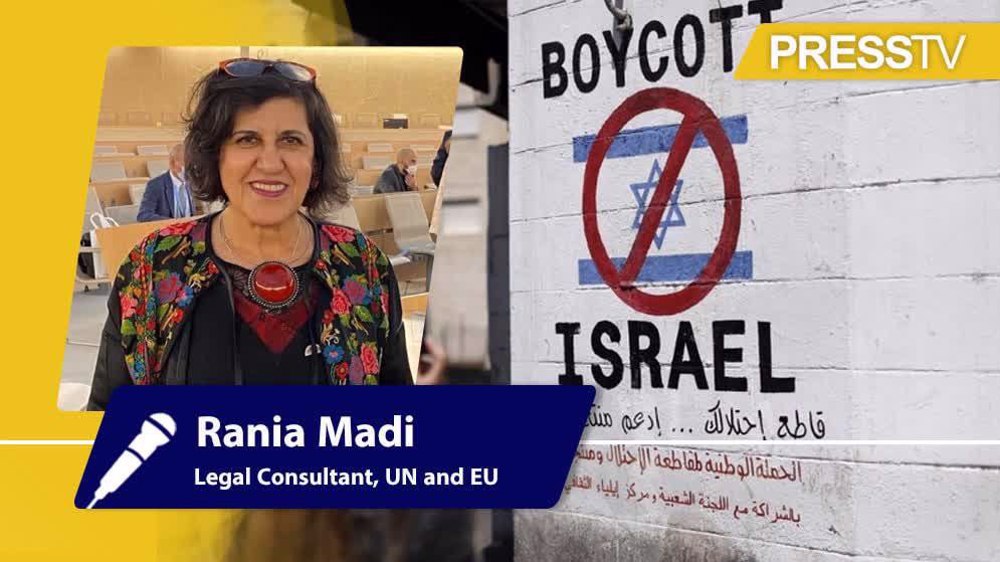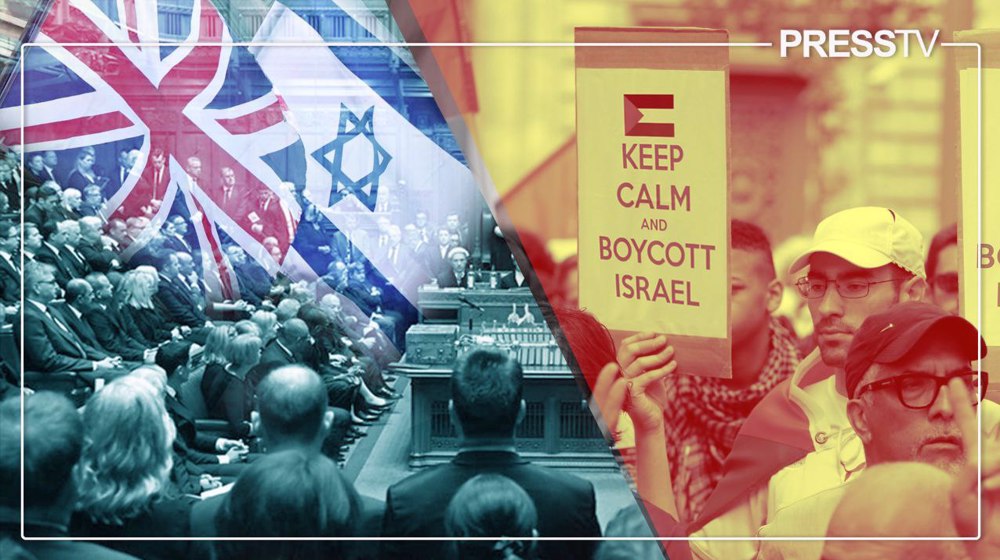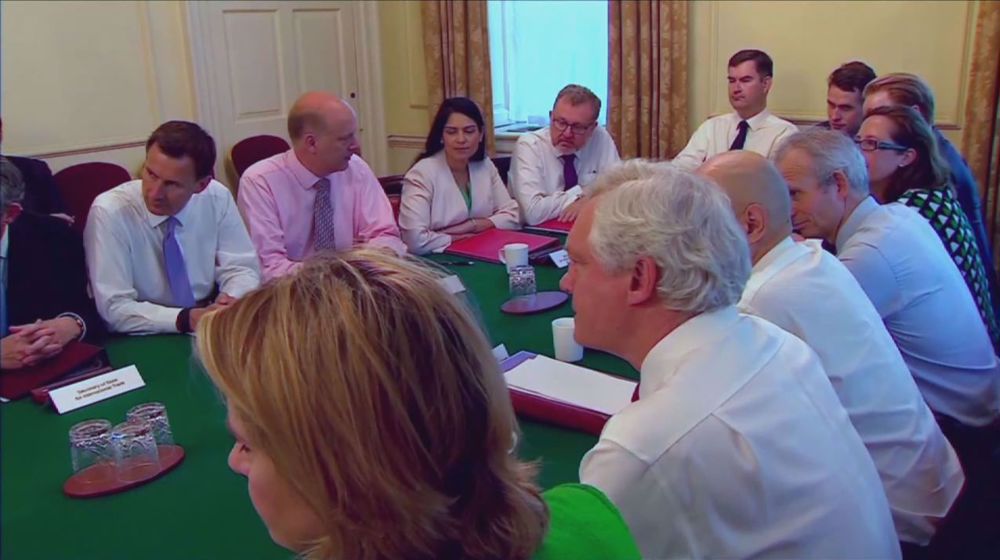Anti-BDS bill represents a direct assault on local democracy in Britain
By Chris Williamson
The last Queen's Speech to the British Parliament, which was actually delivered by Prince Charles (now King Charles), on 10 May 2022, included a commitment to introduce a Boycotts, Divestment and Sanctions (BDS) Bill.
The aim of the bill was to crush the growing support for the BDS movement in Britain.
Addressing MPs in the House of Commons the following month, Michael Gove, the Secretary of State for Levelling Up, Housing and Communities, was explicit about the government’s intentions.
Gove said the bill was intended to “get rid of the pernicious employment of boycott, divestment and sanctions policies by those who seek to de-legitimise the state of Israel.”
He further claimed that the legislation “will prevent public bodies engaging in boycotts that undermine community cohesion.”
Gove is a fanatical Zionist who has been agitating against BDS for many years, and he will be responsible for steering the bill through its legislative stages in the House of Commons.
He has previously described Israel as “a light to the world”, and is also on record saying: "Why shouldn’t you be a Zionist? It’s common sense."
If the bill makes it onto the statute book, it will prevent public bodies across the UK from adopting their own approach to international relations.
This represents a direct assault on local democracy because ministers want the restriction to even apply to democratically-elected local authorities who have their own local mandates.
The British government is clearly intent on stifling free speech in an attempt to prevent any deviation from its stated foreign policy objectives, even when that means wilfully overlooking the Israeli regime’s blatant disregard for international law.
Gove told the Conservative-supporting Daily Telegraph that boycotting goods from Israel leads to “appalling antisemitic rhetoric and abuse”.
He also claimed that it was “simply wrong that public bodies have been wasting taxpayers’ time and money pursuing their own foreign policy agenda.”
A number of local authorities throughout Britain have adopted BDS policies targeting produce from illegal Israeli settlements. But the government is determined to prevent public bodies from respecting international law.
The bill is unlikely to meet much resistance in the House of Commons.
Sir Keir Starmer, who leads the British Labour Party, which is the official Opposition in the parliament, says he is opposed to BDS and has previously said he supports Zionism “without qualification”.
This is in stark contrast to his predecessor, Jeremy Corbyn, who is strongly opposed to the proposed new restrictions.
He posted a statement on social media saying: “Boycott, divestment and sanctions helped end apartheid in South Africa. They will be essential to ending the apartheid regime in Israel, too. I will firmly oppose the government’s anti-BDS bill — a disgraceful attack on our freedom to fight for human rights, justice and peace.”
But Starmer withdrew the Labour whip from Corbyn in 2020 because he had said claims about anti-Semitism in the Labour Party were “dramatically overstated”.
Corbyn now sits as an independent and isolated Member of Parliament.
Chris Williamson is a lifelong socialist, trade unionist and anti-imperialist. He has been a Labour Councillor, Council Leader, Member of Parliament and a Shadow Minister under Ed Miliband and Jeremy Corbyn in the UK.
(The views expressed in this article do not necessarily reflect those of Press TV)
President Yoon Suk Yeol to be removed from office
At least 19 Gazans killed by Israeli airstrikes since dawn: Medics
Leader: Iran neither has nor needs proxy forces
US fighter aircraft shot down ‘in friendly fire’ amid aggression on Yemen
Yemeni FM: Israel’s sponsors accountable for ongoing aggression on Sana’a
Eight Palestinians killed as Israel attacks Gaza school, hospitals
VIDEO | Rome, Milan host new protests in solidarity with Palestinians
Dec. 21: ‘Axis of Resistance’ operations against Israeli occupation















 This makes it easy to access the Press TV website
This makes it easy to access the Press TV website